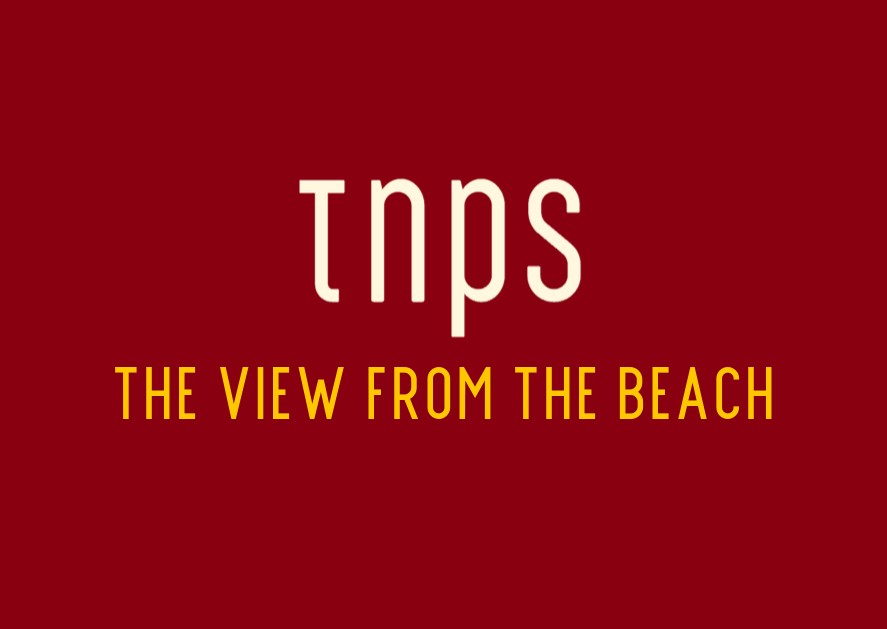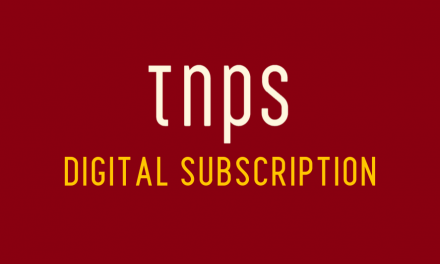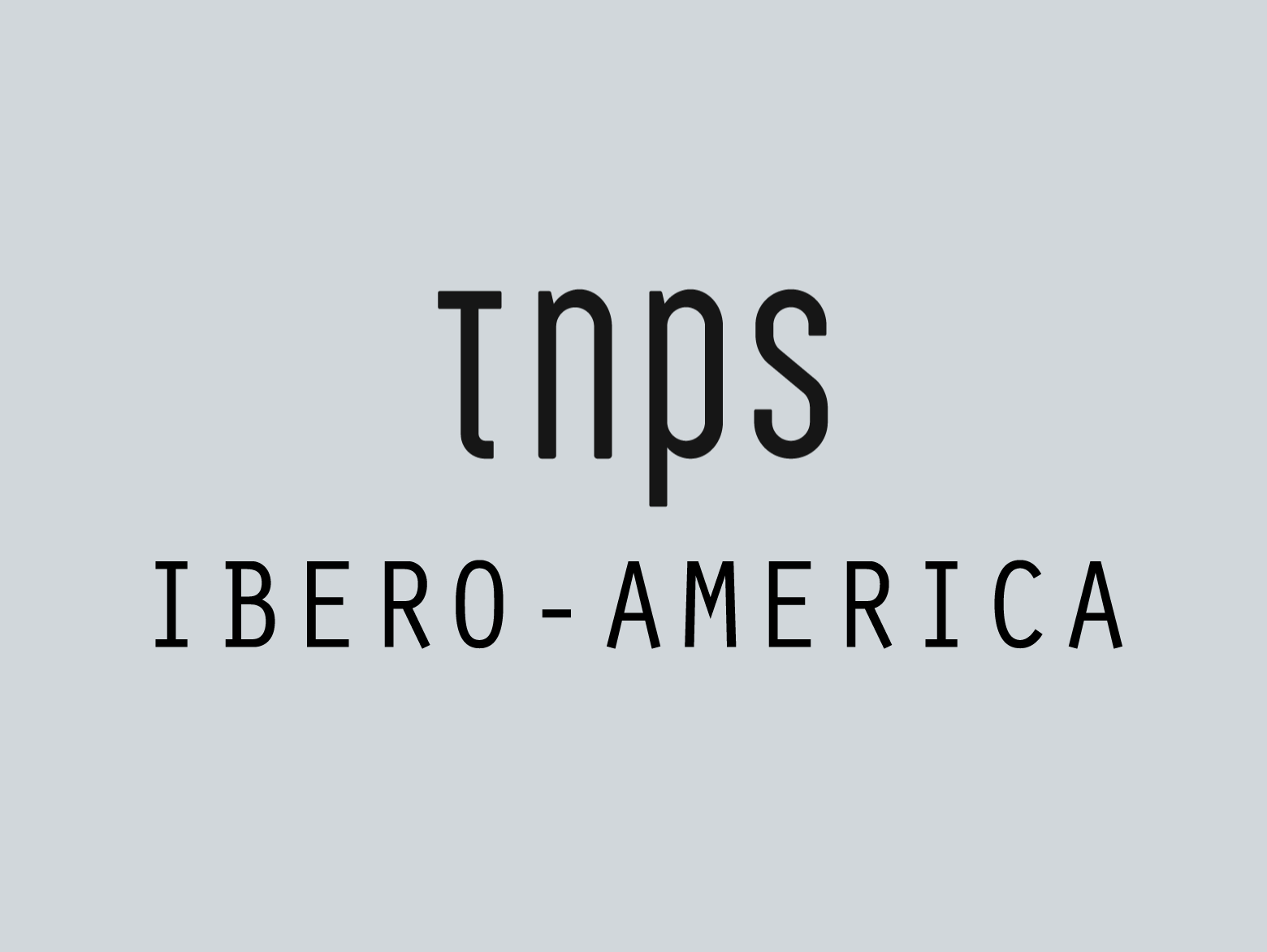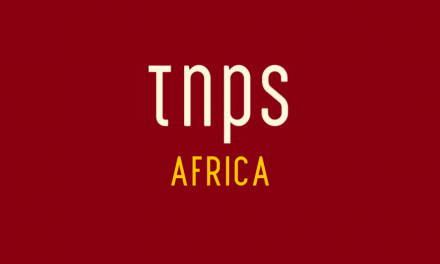The torch for the future of the global publishing industry will be carried not by Frankfurt, and certainly not by London or New York, but by the new kids on the global book fair bloc, led by Sharjah, which will take place next month to less western trade acclaim than Frankfurt but with a far better handle on the future of the global industry.
The Buchmesse’s reputation as the world’s largest trade publishing event took a knock this year as the hybrid in-person and digital event pulled in just 36,000 trade attendees, while the public-facing days drew a crowd of 37,500. Exhibitors numbered 2,013 from 80 countries. Frankfurt’s digital events attracted 130,000.
Compare the last pre-Pandemic incarnation, 2019, when exhibitors numbered 7,450 and visitors topped 302,000.
Nonetheless Buchmesse CEO Juergen Boos said the 2021 attendance,
far exceeded our expectations (adding) It just shows how resilient and creative our industry is. Many exhibitors and trade visitors expressed satisfaction at the quality of their interactions. And thanks to our digital program for professionals, we were able to build a bridge to participants who were unable to travel this year.
The comments reflect an underlying mindset firmly welded to the pre-pandemic era, and it’s clear digital was, this time, and will in the future, be a secondary bolt-on to the preferred in-person event that is the traditional Buchmesse – even if that means sacrificing global reach (especially in the emerging markets).
And with that we see the torch for the future of the global publishing industry will be carried not by Frankfurt, and certainly not by London or New York, but by the new kids on the global book fair bloc, led by Sharjah, which will take place next month to less western trade acclaim but with a far better handle on the future of the global industry.
This year’s Sharjah fair will be especially significant in its trade aspect as Sharjah is home to International Publishers Association President Bodour Al Qasimi, and it looks like Sharjah, even with pandemic-induced
restrictions in place, will outclass and outnumber Frankfurt this year.
Traditionally Sharjah, like most Arab book fairs, is primarily a public-facing event where millions – literally, millions – of eager booklovers descend. But as TNPS has covered these past years, as the centre of publishing gravity slowly swings away from the Atlantic (the USA’s trade fairs were never particularly strong on global, and any pretence of internationalism has long since been abandoned) so Sharjah and Abu Dhabi (also in the UAE) rose alongside Frankfurt and Bologna as global publishing venues.
See example past TNPS coverage of this theme – this from 2018:
But Frankfurt’s global credentials have always been in hock to the Buchmesse’s interests – and as we saw in 2018 and 2019 the will to engage with the emerging markets was more lip-service than reality.
This year as every, the Buchmesse is a western trade event with a token nod to the wider world, where wealthy players, like Sharjah, get top billing and emerging markets without Sharjah’s undeniable publishing attractions (the world’s first Publishing City, the legendary Al Qasimi family’s passion for all things book, and of course now the IPA president herself) are afterthoughts.
Frankfurt hit lucky this year, with pandemic lockdowns yet to reach western Europe as winter approaches, and no question the event was well played by all concerned, and we all fervently hope it will be back bigger and better in 2022.
But for global publishing the industry’s hopes lie in the new kids on the bloc, like Sharjah, that have taken on the mantle London and New York long since wave goodbye to, and that Frankfurt for the immediate future is too busy just surviving to address seriously.




